Cramps can creep up if your shoes are too tight, you’re dehydrated or you have poor circulation
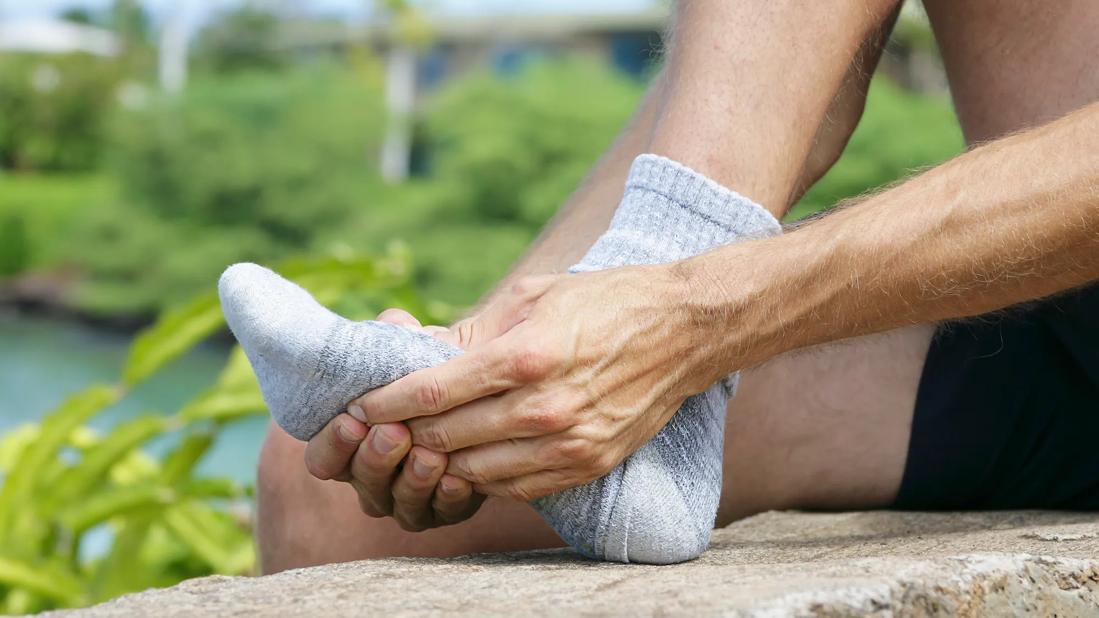
Foot cramps can stop you in your tracks at any hour of the day and can be just as painful as leg cramps. They can also come back often or more than once, depending on the cause.
Advertisement
Cleveland Clinic is a non-profit academic medical center. Advertising on our site helps support our mission. We do not endorse non-Cleveland Clinic products or services. Policy
“They tend to happen more frequently as we age,” says sports medicine specialist Caitlin Lewis, MD. “While they can be uncomfortable, they’re rarely harmful.”
Foot cramps happen because of involuntary (or automatic) muscle spasms in your feet. Unlike some other types of foot pain, foot cramps are usually temporary. But if they’re happening on a regular basis, there may be more going on under the surface.
Here are seven of the most common causes of foot cramps.
Shoes that are too tight or too small can cause your foot to cramp or fall asleep and your toes to curl over. As a result, your movement and circulation could be restricted.
“You want to look at your shoes, especially if you changed from flats to heels, as this can cause cramps because your feet are put into uncomfortable positions,” Dr. Lewis says.
Lack of blood flow to your feet can cause them to cramp or feel numb. If this is a problem and you have cardiovascular issues (like peripheral artery disease) or you’re on any heart medications, you should make an appointment with your primary care provider.
“Some circulation problems cause pain that feels like cramping,” Dr. Lewis notes. “If your foot cramps get worse when you walk or you have cramps that just don’t stop, definitely have it checked by a healthcare provider.”
Advertisement
Dehydration can cause all kinds of problems like muscle spasms, foot cramps, constipation and more because it causes a reduction in blood flow and electrolyte imbalance.
“Dehydration is one of the most common causes for foot cramps,” shares Dr. Lewis. “If you’re experiencing cramping, it’s important to look at your hydration first and make sure you’re drinking enough.”
Sometimes, we can push ourselves too far with overexertion. If you exercise harder or longer than usual or put too much strain on your feet, you could end up with muscle fatigue, foot cramps and other foot injuries. In general, never push through the pain. You should also give yourself enough time to warm up and cool down with some stretching.
Electrolytes are essential for the contraction and relaxation of a muscle. If you have too little or your electrolytes are off, you can end up with cramps in your feet and elsewhere. So, it’s important that you’re getting enough:
But Dr. Lewis cautions against overdoing it with supplements, as taking too much could cause more harm than good, especially if you’re unsure of your electrolyte levels. Instead, focus on eating a variety of colorful foods as part of a full, healthy nutritional plan.
Some medications, such as statins and diuretics, can cause muscle cramps. If you start a new medication and suddenly begin experiencing muscle cramps in your feet or other areas of your body, let your healthcare provider know.
Flat feet can cause chronic foot cramps from having little to no arches. If you have this type of foot, you might want to stretch more often or use sole inserts to improve blood flow and better support your feet for maximum comfort.
“You want your muscles to be as strong and supple as they can be,” Dr. Lewis says. “Adequate stretching is key to this.”
When your feet are cramping, you want fast relief and long-term solutions for correcting the problem. Here’s what works:
Try nonsteroidal anti-inflammatory creams or medications like ibuprofen (Advil®) or naproxen sodium (Aleve®) for immediate relief. Other ways to relieve immediate pain include:
The best walking shoes will have arch support and enough room for you to move freely without chafing or blistering your skin. “In general, you should have some wiggle room for your toes and you should be able to walk around without experiencing any foot pain,” advises Dr. Lewis.
Advertisement
Working on your flexibility has many benefits — but it can also help relieve pain and cramps. And exercises that are good for your legs are also good for your feet. They help increase blood flow to the area and strengthen your affected nerves.
Try some flexibility exercises and stretch your feet a couple times a day. If you need extra support, use a resistance band.
Sports nutrition goes a long way to keeping your joints and muscles healthy and strong. As you try out other solutions for foot cramps, keeping a well-balanced diet will be key to your overall health and wellness.
If your foot cramps are an occasional occurrence, you can generally manage them yourself. But if they happen frequently, are severe or if you’re concerned about any of your medications, talk to your healthcare provider to see if there’s another issue causing your foot pain.
Advertisement
Learn more about our editorial process.
Advertisement

Home remedies are unlikely to cure your contagious foot fungus — and they might even make it worse

If soaking your feet, disinfecting your shoes and making lifestyle changes don’t do the job, it’s time to talk to a doctor

Genetics, hormones, medications and stress are just a few reasons your feet could be extra funky
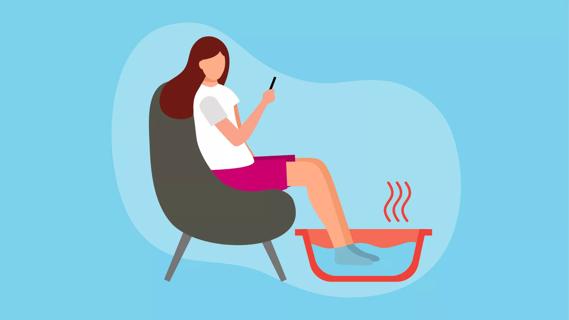
Except in certain medical scenarios, foot health experts rarely recommend foot soaks
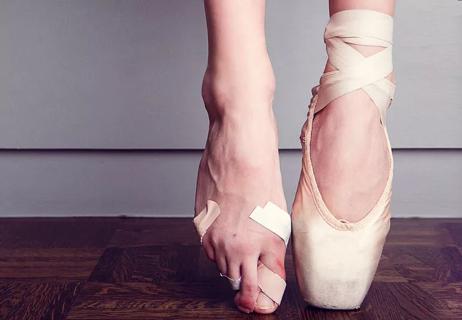
Poorly fitting footwear and overuse injuries can knock you ‘off pointe’

Rethink your exercise routine to maintain — and maybe even gain — fitness during recovery
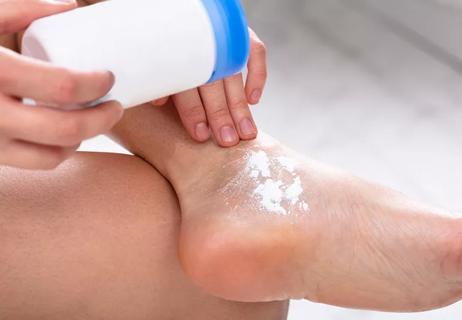
Sweat plus bacteria equals sour-smelling feet
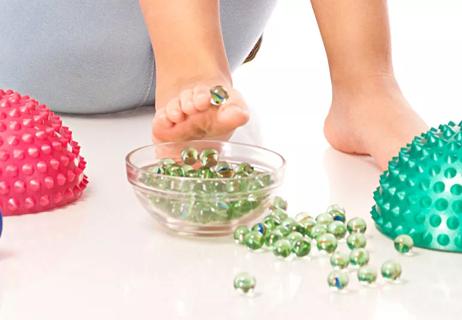
How to safely stay active if you have flat feet

The tropical fruit is a good source of antioxidants and vitamin C

Most people fall asleep within 10 to 20 minutes, but if your experience is different, adjusting your sleep schedule may help

Exploring your hidden side can lead to better understanding of what makes you tick